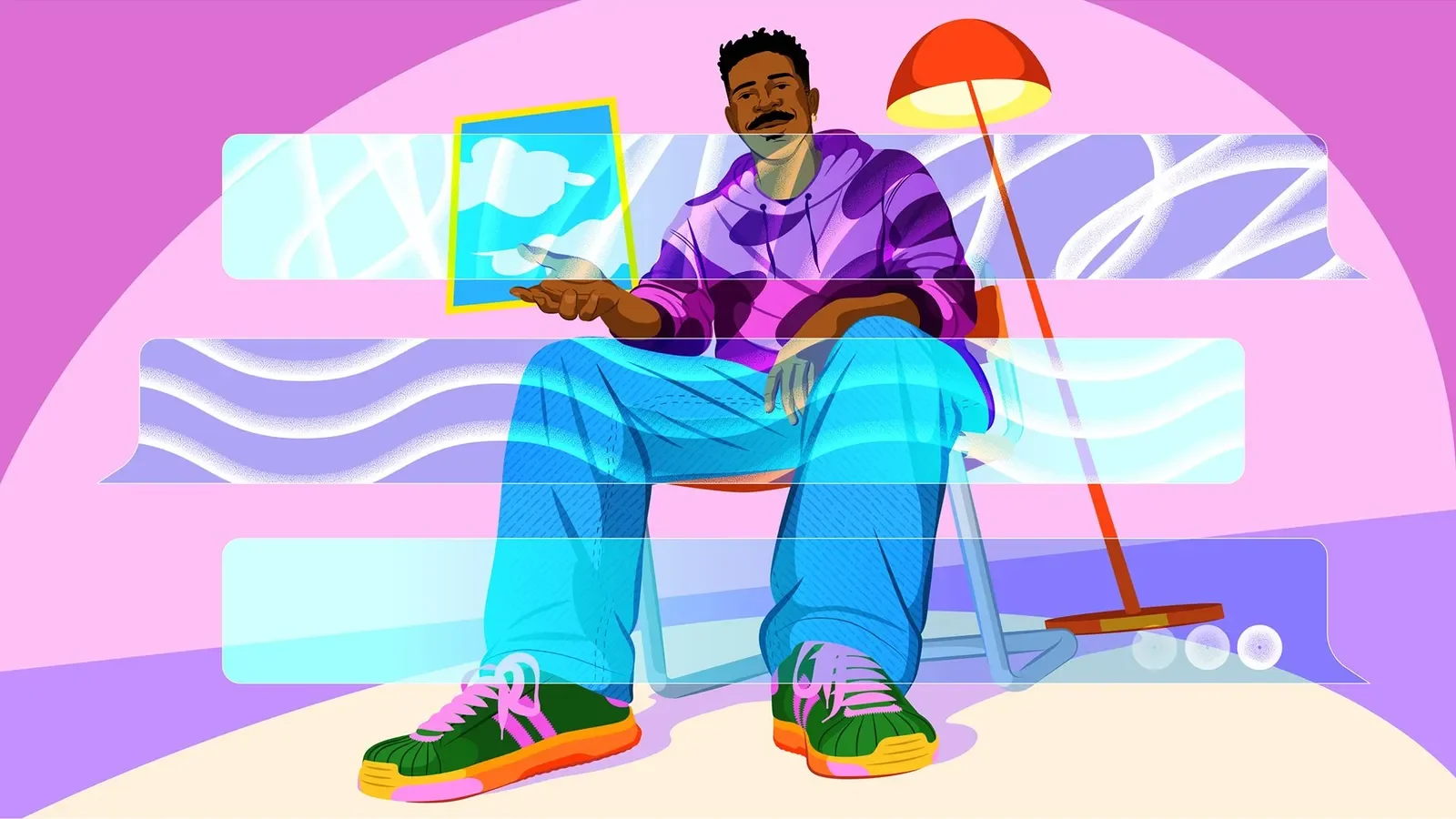





Work And Play Lab
Work And Play Lab
Why does empathy feel like hard work? Why do we avoid effort yet find it meaningful? How is technology reshaping our motivation, empathy, and well-being?
The Work and Play Lab uses methods from social psychology and cognitive science to understand the mental effort we use to reach our goals and how we spend our leisure time. Our recent research explores the effort paradox, empathy avoidance, and AI's surprising compassion (work) as well as how social media increases boredom and polarization, and the real effects of chronic cannabis use (play). We're committed to open and transparent science, publicly posting data and materials, preregistering studies, and running replications.

About Michael
About Michael
Michael Inzlicht is a Professor of Psychology at the University of Toronto, where he is also cross-appointed as a Professor in the Rotman School of Management and a Research Lead at the Schwartz Reisman Institute for Technology & Society. Recognized as among the top 1% of most-cited psychologists in the world for four consecutive years (2022-2025), Michael is passionate about open science and making psychology accessible through podcasts and public engagement.

Publications
Publications
Recent Publications

News
News
Featured News

Contact
Contact
Michael Inzlicht
Department of Psychology
University of Toronto Scarborough
1265 Military Trail
Toronto, Ontario M1C 1A4
Canada
Email: michael.inzlicht@utoronto.ca





Carmona-Díaz, G., Jiménez-Leal, W., Alejandra Grisale, M., Sripada, C., Amaya, S., Inzlicht, M., Bermúdez, J.P. (in press). Behavior Research Methods.